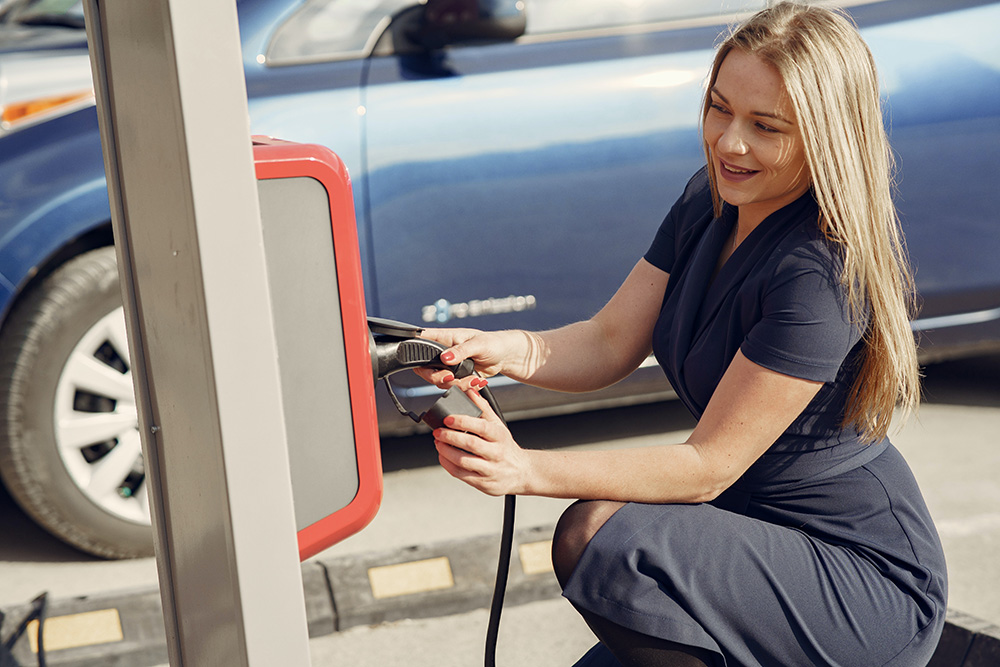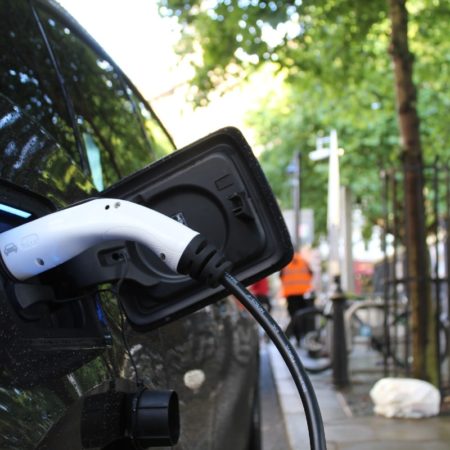New funding to encourage the use of electric vehicles (EVs) has been announced by the UK government.
The Workplace Charging Scheme (WCS) will be expanded to include small to medium enterprises and the charity sector. The changes mean that small accommodation businesses, such as B&Bs can benefit from the funding, boosting rural areas, and tackling the ‘range anxiety’ associated with long journeys.
The Department for Transport (DfT) also announced that the Electric Vehicle Homecharge Scheme (EVHS), which provides up to £350 towards a chargepoint, will continue next year and be expanded to target people in rented and leasehold accommodation.
The government says the changes are worth up to £50 million.
News of further investment in EV infrastructure comes as the department launches a consultation on improving the charging experience, taking the UK a step closer to delivering on the commitment to end the sale of new petrol and diesel cars and vans by 2030. And it follows £20 million in funding announced last week for councils to improve the on-street charging infrastructure in their local areas.
Transport Minister Rachel Maclean said: “As the UK accelerates towards net-zero emissions by 2050, we are determined to deliver a world-leading electric vehicle charging network, as we build back greener and support economic growth across the country.”
The investment has been welcomed by the leading EV groups and the business community.
Joel Teague, CEO of Co Charger, said: “Dependable, affordable charging while at home or work is essential for people to make the switch to electric motoring, and by sharing these newly funded chargepoints communities will be able to meet that need.”
Mike Cherry, National chair of the Federation of Small Businesses (FSB), commented: “Small businesses want to play a critical role in helping the UK reach its green targets, and electric vehicles are the future. That’s why this is important news for the nation, particularly rural areas which are often left behind.”
























Leave a Reply